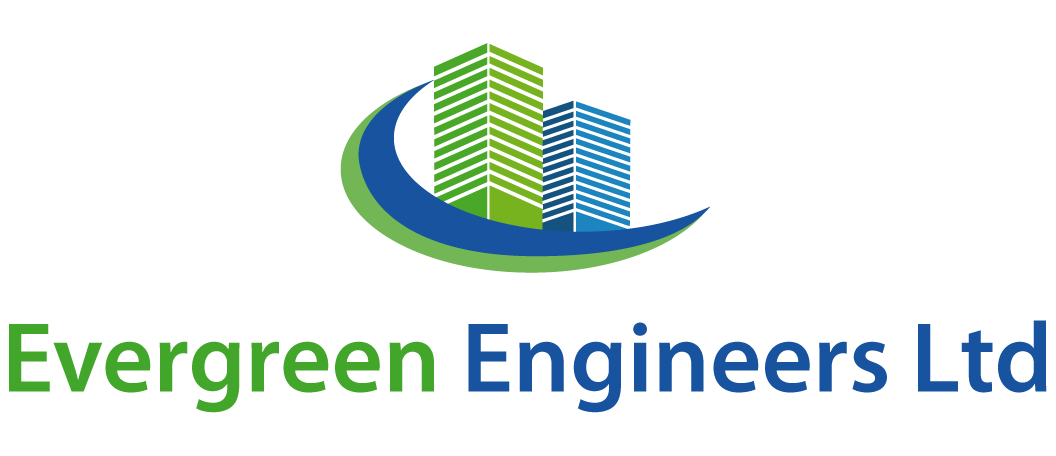The UK visa interview is a critical step in the visa application process. It provides the opportunity for immigration officers to evaluate your intentions, qualifications, and eligibility for entry into the UK. To help you succeed, we’ve compiled the top tips for passing the UK visa interview.
-
Understand the Purpose of the Interview
The interview aims to verify the information in your application, assess your reasons for traveling to the UK, and ensure you meet the visa requirements. Understanding this purpose will help you tailor your answers effectively.
-
Be Thorough with Your Application Details
Immigration officers will cross-check your answers with the information you’ve provided in your visa application. Review your application thoroughly, including:
- Personal details.
- Purpose of visit (study, work, tourism, family, etc.).
- Travel itinerary.
- Financial documents.
- Sponsorship letters (if applicable).
- Prepare for Common Interview Questions
Here are some typical questions you might face:
- Why are you traveling to the UK?
- How long do you plan to stay?
- What is your financial plan for your stay?
- Do you have ties to your home country?
- Can you explain your accommodation arrangements?
Prepare concise, truthful, and confident answers to these questions.
-
Show Evidence of Ties to Your Home Country
One major concern for immigration officers is whether you will return to your home country after your visa expires. Demonstrate strong ties such as:
- Family responsibilities.
- Property ownership.
- Stable employment or business commitments.
Bring supporting documents if possible.
- Dress Professionally and Be Punctual
First impressions matter. Dress in business casual attire to convey seriousness and professionalism. Arrive at the interview venue well in advance to avoid last-minute stress.
-
Stay Calm and Composed
Immigration officers may ask probing or repetitive questions to test your consistency and honesty. Stay calm, maintain steady eye contact, and answer confidently. Avoid appearing defensive or nervous.
-
Be Honest and Transparent
Never fabricate or exaggerate details during the interview. Immigration officers are highly trained to detect discrepancies, and dishonesty can lead to visa rejection or even a ban.
-
Understand the Requirements for Your Visa Type
Each UK visa type has specific requirements. Ensure you’re familiar with these and how your qualifications align. For example:
Student Visa: Be ready to discuss your course, university, and how it fits your career goals.
Work Visa: Highlight your job offer, employer, and skill set.
Visitor Visa: Emphasize your travel plans and how you’ll fund your trip.
-
Practice Mock Interviews
Ask a friend, family member, or consultant to conduct a mock interview. This practice will help you refine your answers, improve your confidence, and identify areas needing improvement.
-
Bring All Required Documents
Carry an organized folder containing:
- Passport.
- Visa application form and appointment confirmation.
- Financial statements.
- Employment letters or proof of enrollment (for students).
- Sponsorship documents (if applicable).
- Proof of accommodation and travel bookings.
- Missing documents can cause delays or rejection.
- Showcase Financial Stability
Immigration officers need assurance that you can support yourself in the UK without relying on public funds. Present clear evidence of:
- Bank statements showing adequate savings.
- Salary slips or proof of income.
- Financial support from sponsors, if applicable.
- Be Clear About Your Intentions
Clearly articulate why you want to visit the UK and how it aligns with your personal, academic, or professional goals. Avoid vague or overly complex explanations.
- Avoid Unnecessary Details
Stick to answering only what is asked. Providing excessive information can confuse the interviewer or raise unnecessary doubts.
- Be Prepared for Hypothetical Scenarios
The interviewer might ask hypothetical questions, such as:
- What would you do if your visa is denied?
- How would you manage an emergency during your trip?
Answer thoughtfully, demonstrating responsibility and contingency planning.
- Address Previous Visa Rejections (if any)
If you’ve had a visa rejected before, be honest about it. Explain the reasons for rejection and what corrective steps you’ve taken to meet the requirements this time.
- Demonstrate Knowledge of the UK
For study or work visas, showing familiarity with your chosen university, job role, or location can reflect your genuine intentions. Mention how you’ve researched your destination and planned your stay.
- Don’t Memorize Answers
While preparation is key, avoid memorizing answers word-for-word. Your responses should sound natural and conversational, not rehearsed.
- Mind Your Body Language
Non-verbal cues like posture, gestures, and facial expressions can influence the interviewer’s impression. Sit upright, smile politely, and avoid crossing your arms or appearing disinterested.
- Seek Professional Guidance if Needed
If you’re unsure about the process or lack confidence, consider consulting an immigration lawyer or visa consultant. Their expertise can help you better prepare.
- Stay Positive and Hopeful
A positive mindset can make a significant difference. Believe in your preparedness and approach the interview with confidence and enthusiasm.
Passing the UK visa interview is all about preparation, honesty, and confidence. By following these tips, you’ll enhance your chances of success and demonstrate your eligibility to enter the UK. Remember, every detail counts—from your paperwork to your demeanor. Good luck!
For more information you can contact UK Property Inspection Report or call us at 07500242494 / 020 3129 5156.





